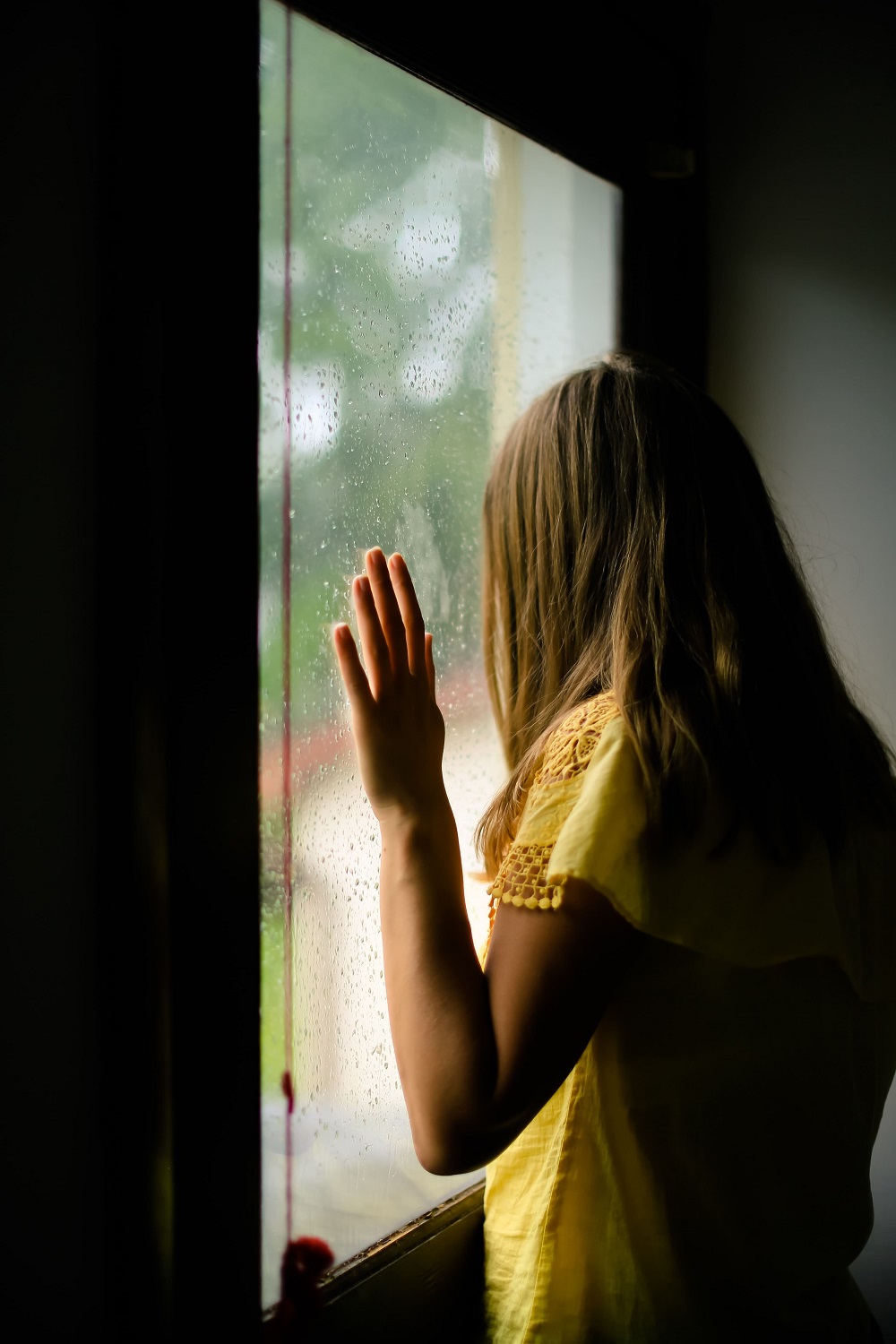By Amy Fournier
Posted on December 17, 2021
As stay-at-home orders were mandated by the government in order to control the spread of COVID-19, many victims of intimate partner violence were trapped with their abusers, causing an epidemic of domestic violence. The United Nations has referred to this alarming crisis as the “shadow pandemic.”
Gender-based violence towards women and marginalized groups peaked during the COVID-19 lockdown of 2020. According to a national survey, gender-based violence was more severe and frequent with abuser’s tactics being more violent and deadly.

Canada’s Assaulted Women’s Helpline received 20,334 calls between October 1 and December 31, compared to 12,352 over the same period of time in 2019.
However, in the United States, domestic violence hotlines decreased by nearly 50 per cent. Experts in the field believe that victims of abuse are unable to safely connect with support due to a lack of privacy in the home.
People of all races, genders, sexualities, religions and socioeconomic classes experience intimate partner violence (IPV). Communities of colour and marginalized people are disproportionately at risk.
According to a study, “structural socioeconomic and health inequalities attributed to systemic racism explains the disproportionate impacts that the COVID-19 pandemic is having on racialized populations.”
Economic instability, unsafe housing, neighbourhood violence, lack of child care, and little to no social support are a few barriers that can make it hard for a victim of abuse to seek safety.
First of all, economic codependency can make it difficult for a victim to leave as the pandemic has resulted in job losses for many. Financial entanglement can be hard to escape especially during a time of such uncertainty. Job loss and unemployment during COVID-19 affected women of colour, immigrants and workers without a college or university degree more than any other group of people, making them especially vulnerable to intimate partner violence and financial codependency.
Public health restrictions have also made travelling and moving to a new home or shelter nearly impossible. Many shelters and hotels have shut down completely, or only offer housing at reduced capacity. Travel bans also make it difficult for victims of abuse to stay with a friend or family member.

School closures added an increased amount of stress to many families as kids were instructed to stay at home and do virtual learning. Parental supervision was expected, which for some families was impossible, especially if the parents are essential workers. Lack of internet access is also another huge issue for lower-income families. Unfortunately, this added stress and frustration can perpetuate not only intimate partner abuse but child abuse as well.
Reporting intimate partner violence to the police during COVID-19 can be a challenging task as well; many victims avoid doing so. There is a lack of coherent and consistent procedures for filing abuse which can be a discouragement to those who are in need of help. Black and Brown people have faced brutality and oppression from police for many years which means they may be less likely than white people to report IPV to the police.
Most people who experience IPV don’t seek help. This is detrimental as this type of violence can have long-lasting psychological effects on the victim such as post-traumatic stress disorder, anxiety, depression and substance use.
Solutions:
Moving forward, equitable access to services such as broadband Internet can make a tremendous difference to families who are underprivileged and could help those who are experiencing IPV connect to the help that they need.
Increasing access to housing alternatives is another way to help victims of gender-based violence escape abuse. The federal government of Canada pledged $50 million to assist women’s shelters, sexual assault centres and similar facilities in Indigenous communities throughout the crisis. This is a step in the right direction when it comes to supporting those in need.
Resources for Domestic/Intimate Partner Violence:
Assaulted Women’s Helpline
24-hour crisis line
http://www.awhl.org/
416-863-0511 or 1-866-863-0511
Femaide
24-hour crisis line for French Speaking Women
http://femaide.ca/
1-877-336-2433
Talk for Healing
Available to all Aboriginal women living on or off reserve throughout Northern Ontario
http://www.talk4healing.com/
1-855-554-4325

